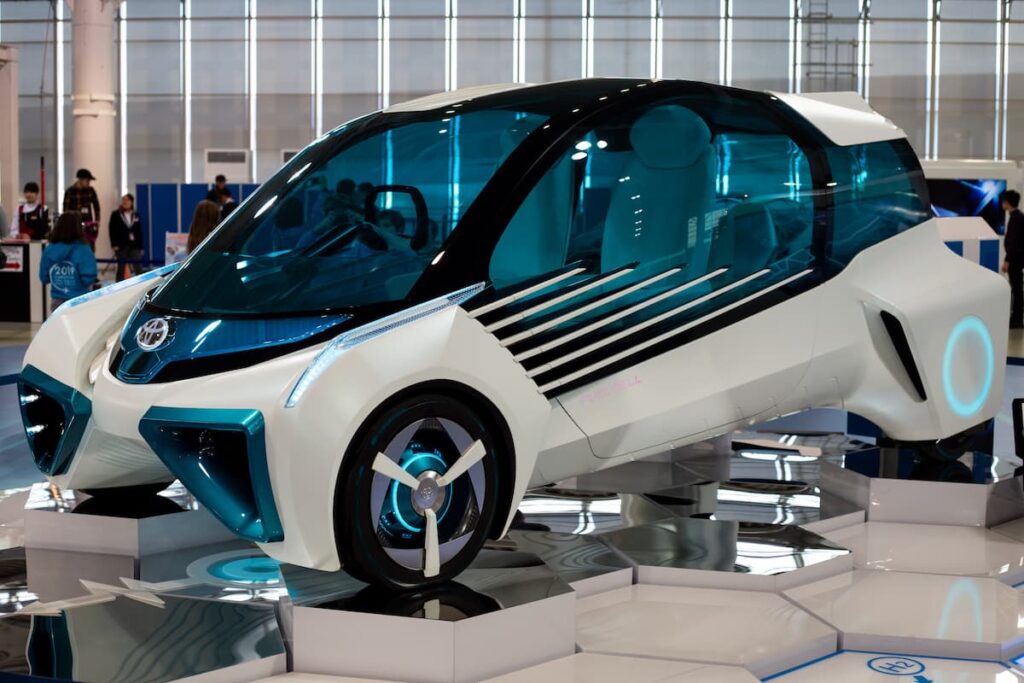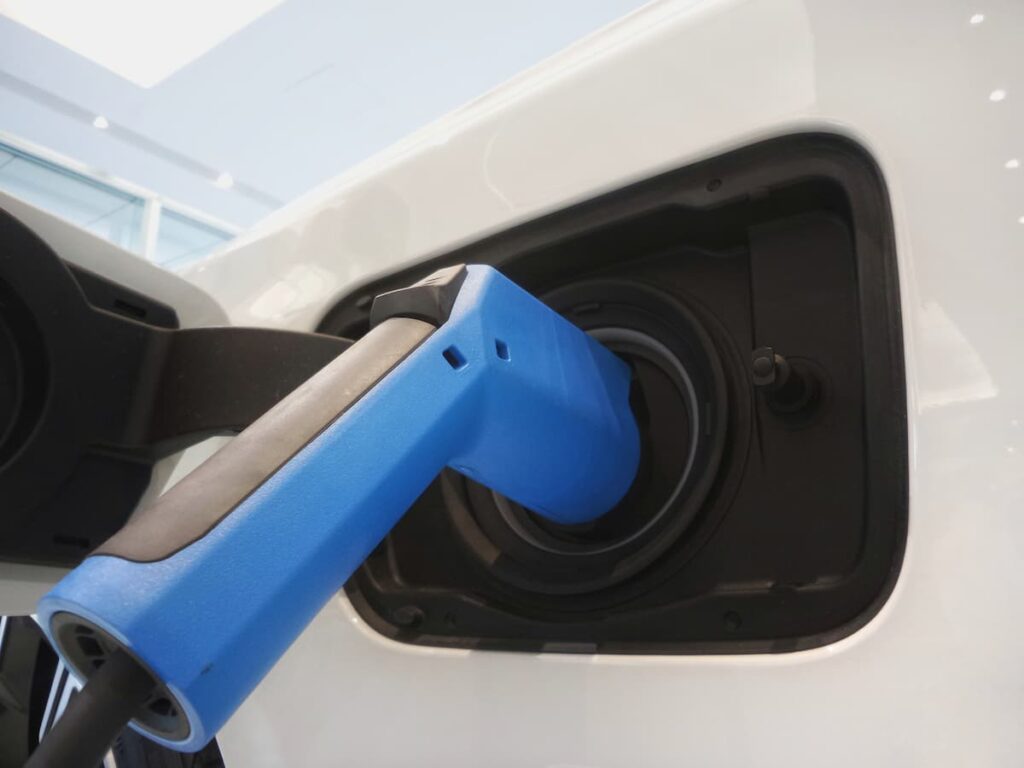Gasoline cars, diesel vehicles, electric cars, and hybrids — the options are endless these days. With so many choices available, it can be challenging to decide which type of car suits your lifestyle best. Right now, electric vehicles are the talk of the town, but the future might belong to something else: hydrogen-powered cars.
Why? Because hydrogen cars are gaining traction as a promising alternative to traditional and even electric vehicles. These cars operate on a unique principle that sets them apart from what we’re used to seeing on the road. If you're curious about how they work, how they're fueled, and what benefits or drawbacks they bring, this article is for you.
What Are Hydrogen Cars?
As concerns over climate change and environmental impact grow, the automotive industry is exploring cleaner alternatives to fossil fuels. While electric cars have taken center stage, another option is emerging: hydrogen fuel cell vehicles. These cars use hydrogen gas as their primary energy source, offering a different approach to sustainable transportation.
Unlike electric cars, which rely on external charging stations, hydrogen cars generate their own electricity through a chemical reaction between hydrogen and oxygen in a fuel cell. This process not only powers the vehicle but also produces water vapor as its only byproduct — making it an eco-friendly option.

How Do Hydrogen Cars Work?
Hydrogen cars function using a process called reverse electrolysis. In simple terms, hydrogen gas stored in a high-pressure tank reacts with oxygen from the air inside a fuel cell. This reaction creates electricity, which powers the car’s motor. The only emission from this process is water vapor — no harmful pollutants are released into the atmosphere.
Additionally, hydrogen cars often have a small battery that stores energy generated during regenerative braking. This helps power the vehicle when extra energy is needed, such as during acceleration or when starting the car. A control unit manages all these systems to ensure smooth operation.
Are Hydrogen Cars Good for the Environment?
Yes, they are. Since the only byproduct of the fuel cell reaction is water vapor, hydrogen cars produce zero tailpipe emissions. However, it's important to consider the entire lifecycle of hydrogen production. If the hydrogen is made from renewable sources like wind or solar power, the environmental impact is significantly reduced.
Unlike electric cars, which depend on external charging infrastructure, hydrogen cars generate their own power. This makes them a compelling choice for those who want the convenience of quick refueling without long wait times.
How Do You Refuel a Hydrogen Car?
Refueling a hydrogen car is surprisingly fast. It takes just 5 minutes to fill up a tank with 6 kg of hydrogen, giving the vehicle a range of around 600 kilometers. This is much quicker than the hours it can take to fully charge an electric car.
The process is straightforward: connect a special hose to the hydrogen tank and pressurize it. Safety is crucial here, as hydrogen is flammable, so proper sealing and handling are essential to prevent leaks.

Do Hydrogen Cars Have Batteries Like Electric Vehicles?
Yes, hydrogen cars do have batteries, but they serve a different purpose. These batteries store energy from regenerative braking and help power the car when more energy is needed. However, the main power source comes from the fuel cell, which converts hydrogen into electricity on demand.
Pros and Cons of Hydrogen Cars
Like any technology, hydrogen cars come with their own set of advantages and challenges:
The Pros
- Fast Refueling: Just 5 minutes to fill up, similar to refueling a gasoline car.
- Long Range: Up to 600 km on a full tank of hydrogen.
- Eco-Friendly: Only water vapor is emitted, making them clean and green.
- Renewable Fuel: Hydrogen can be produced from water using renewable energy sources.
The Cons
- High Cost: Hydrogen cars are currently expensive to purchase and maintain.
- Limited Infrastructure: There are few hydrogen refueling stations compared to gas stations or charging points.
- No Government Incentives: Unlike electric cars, hydrogen vehicles often don’t qualify for the same subsidies or tax breaks.
- Safety Concerns: Storing hydrogen safely is still a challenge due to its flammability.
- Limited Production: Hydrogen cars are not yet widely available, limiting consumer choice.
When considering a new car, it's important to weigh both the benefits and the limitations of each option. While electric cars dominate the market today, hydrogen cars may play a bigger role in the future — especially if infrastructure and affordability improve. As the world moves toward greener solutions, hydrogen could become a key player in the next generation of sustainable transportation.
,Foton XianglingQ features,Foton XianglingQ performance,Foton XianglingQ fleets,Foton XianglingQ operators,Foton XianglingQ manufacturers
Chongqing Dike Technology Industry Co. , Ltd. , https://www.cqdkqc.com
